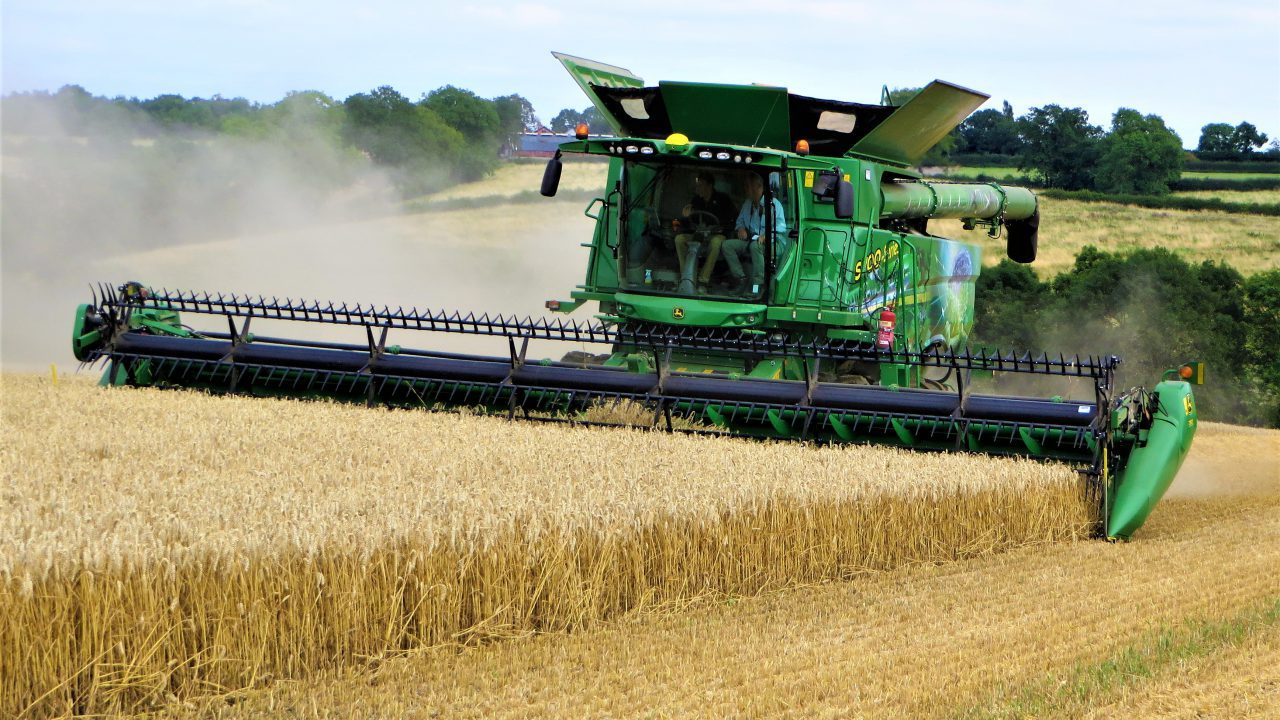The requirements of the new Common Agricultural Policy (CAP) for tillage and all farmers kick in at the beginning of January next.
Many of the continuing regulations will seem very familiar to farmers including the establishment and drawing down down of entitlements.
However, the European Union (EU) has introduced a new theme within the evolving CAP – one of conditionality.
How this will impact on Irish tillage farmers was the subject of keen discussion by Michael Moloney, senior inspector, from the Department of Agriculture Food and the Marine (DAFM) on the Tillage Edge podcast.
Moloney confirmed that conditionality will, effectively, replace the principles associated with cross compliance.
“In essence, it will link CAP payments with a list of statutory requirements on the part of applicants,” he said.
“These include statutory management requirements or SMRs plus good agricultural and environment condition or GAEC standards.
“Currently, under cross compliance there are 13 SMRs and 7 GAEC-linked conditions.
“Under conditionality, this will change to 11SMRs and 9 GAEC regulations,” Moloney added.
Plant protection products
He believes tillage farmers will be very aware of measures, such as those relating to plant protection products.
However, a new measure that will be introduced next year is the Sustainable Use Directive.
“There has been much discussion about GAEC 7, which relates to crop rotation,” said Moloney.
“This is very relevant and pertinent for tillage farmers.”
The DAFM senior inspector outlined that new CAP measures will also see the principle crop diversification no longer being regarded as greening requirement. Rather, it will come under the aegis of conditionality.
Moloney said that in the past, farmers had their basic payment and a separate greening payment.
“Now, greening will no longer be a scheme in its own right. Instead it will be moved into conditionality under GAEC 7.
“We had protected negotiations with the EU Commission on the issue of crop rotation.
“In essence, it should be regarded as crop diversification with a twist,” he said.
The principles associated with conditionality will impact on grassland and tillage farmers in equal measure according to the DAFM senior Inspector.
New CAP payments
“All Pillar 1 and 2 schemes must now comply with the conditionality,” Moloney has stressed.
“It links the payments received by farmers to the 11 SMR & 9 GAEC measures.”
He also detailed that the over arching aim of the new CAP is to foster a smart, competitive, resilient and diversified agricultural sector to ‘ensure long term food security’.
It will, according to Moloney, specifically support and strengthen environmental protection, including biodiversity, and climate action while strengthening the socio-economic fabric of rural areas.
